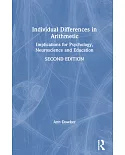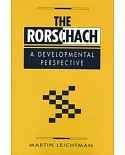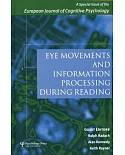Introduction to Clinical Psychology covers the history, theory, practice, and potential future of the discipline and provides a comprehensive overview of interviewing, assessment,
psychotherapy, community intervention, and public policy.
The text describes psychological assessment procedures in detail and provides case studies demonstrating how the tests are administered and interpreted. It presents psychotherapy from both the
traditional "schools" perspective and the practical perspective of number of individuals being seen-individual, couple, group, and family. At the beginning of each chapter on applied methods,
an "ethical conundrums" box addresses practical issues likely to be faced by clinical psychologists in the course of their work. Points to consider about these dilemmas, presented at the
chapter conclusion, illustrate not only the concept of ethical practice but also the fact that reality is not as clear-cut as published codes might suggest.
In addition, later chapters present a range of career specialties through interviews with practicing psychologists at various points in their professional lives. Each psychologist responds to a
standard series of questions, so students can compare and contrast their responses in order to gauge their own interest in and aptitudes for different career paths.
Written in conversational prose with references to the authors' own lives and careers, Introduction to Clinical Psychology is ideal for undergraduate courses.





















